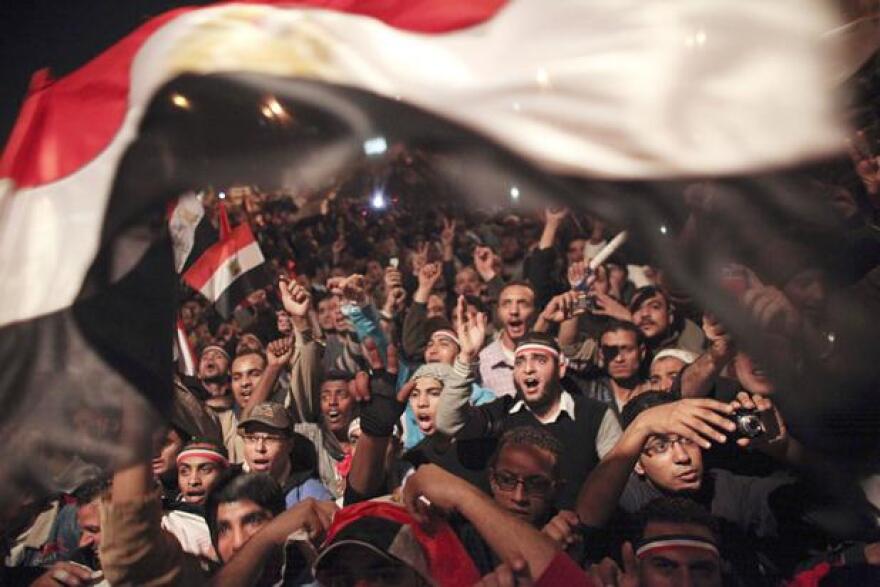Imagine if, only a few minutes after visiting your favorite political Web page, the police knocked on your door and they took you to jail. People in some countries don’t have to imagine it because they see it happen. So say two journalists who will speak Tuesday, March 26th, at Western Michigan University about the Internet and the fight for democracy. The event starts at 6 p.m. in Room 1920 in Sangren Hall.
Delphine Hagland runs the U.S. office of Reporters Without Borders. The organization based in France advocates for freedom of expression and fights government interference in the news media. Haglund’s calls her presentation “Is the Internet a Vector of Freedom or an Instrument of Repression: Lessons from the Arab Spring, China, Mexico, and the USA”.
Haglund says the short answer to the question is: both. She says social media platforms like Facebook and Twitter help pro-democracy activists organize protests. But they also allow governments to keep an eye on opposition groups. Haglund says the regime of Syrian President Bashiral-Assad actually lifted longstanding blocks on access to Twitter and Facebook as demonstrations began there so that organizers could be monitored. In contrast, Haglund says officials in Iran simply slow down the speed of Internet access there when protests are underway so that people can’t upload or watch video of the demonstrations.
Journalist Nada Alwadi of Bahrain got first-hand experience of government interference online while she covered pro-democracy demonstrations there in 2011. Alwadi worked for the only independent newspaper in Bahrain and was a correspondent for USA Today and several other publications. She says the government-owned telecommunications agency in Bahrain uses sophisticated computer spyware to monitor political activists. Alwadi spent 16 hours in jail after she was arrested while covering a pro-democracy demonstration. She now works in exile from the U.S.
Alwadi says American news organizations don’t pay much attention to the situation in Bahrain, a small island nation in the Persian Gulf. She says the U.S. government supports the Sunni monarchy that rules Bahrain instead of the largely Shia democracy movement because the country is home to the U.S. Navy’s main base in the region. Alwadi’s presentation is “The War of Words: The Case of Bahrain, a View from Inside”.
The presentations by Alwadi and Haglund were organized by WMU film studies students Wil Granaderos and Cassandra Stagner. They won a World Press Freedom Day award from CNN in 2012 for a video public service announcement.

